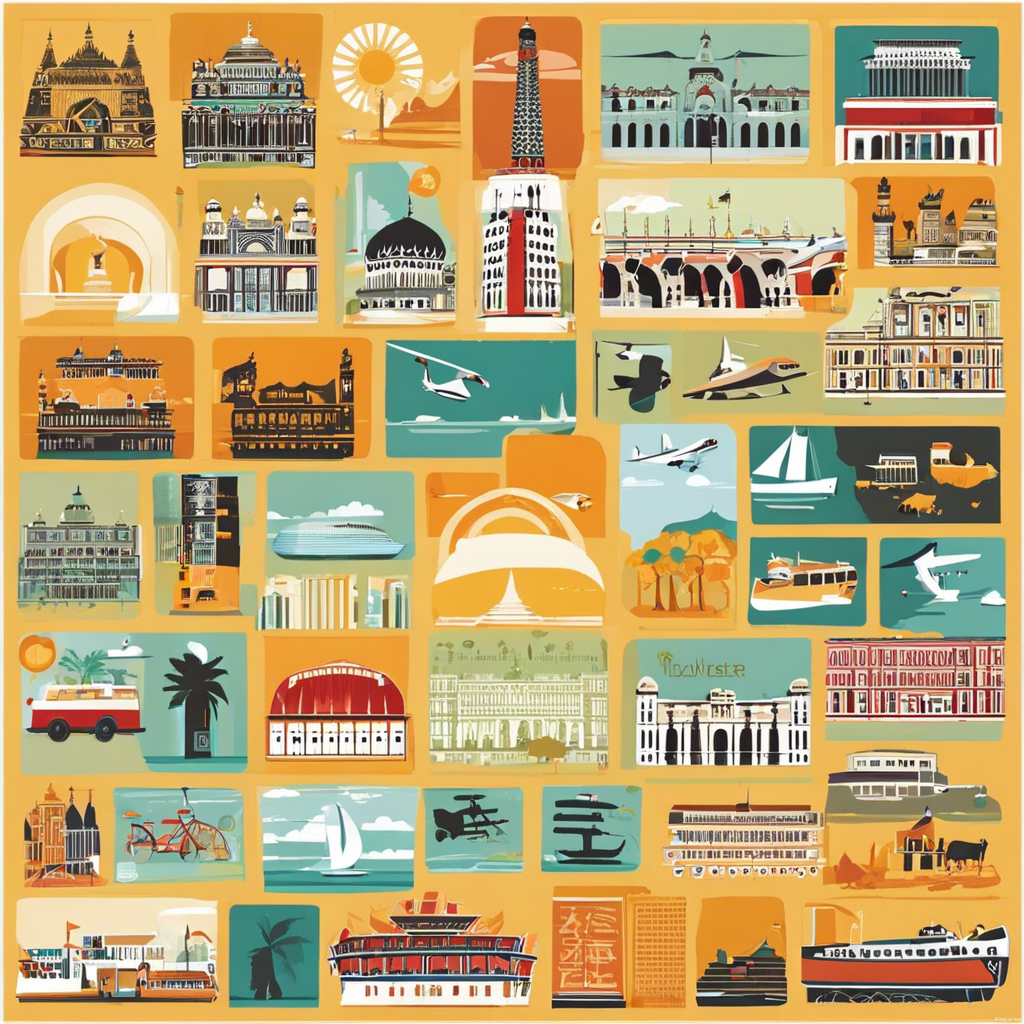Embarking on a journey to a foreign country can be exhilarating, but navigating language barriers can sometimes feel like a daunting task. However, mastering a few basic words in the local language can significantly enhance your travel experience and open doors to new cultural insights. Whether you’re planning a weekend getaway or an extended adventure, here’s a guide to help you learn essential vocabulary quickly and efficiently.
The first step is to choose your language wisely. Consider the regions you’ll be visiting and the prevalence of the language spoken there. For popular tourist destinations, numerous online resources offer beginner-friendly lessons. Language learning apps like Duolingo and Babbel provide structured courses, allowing you to practice vocabulary, grammar, and pronunciation interactively. If you’re short on time, focus on the most practical topics, such as greetings, numbers, directions, transportation, food and drink, and basic phrases for shopping or dining.
Another effective approach is to immerse yourself in the language through media. Watch foreign films or TV shows with subtitles, or listen to podcasts and music in the target language. This helps you familiarize yourself with the sounds and rhythms of the language, making it easier to remember and mimic words. Additionally, language exchange platforms connect you with native speakers who can offer valuable insights into colloquial phrases and pronunciation.
Once you’ve gathered your resources, create a study plan that fits your schedule. Consistency is key to retaining new vocabulary. Dedicate a few minutes each day to review flashcards, practice conversations, or watch language tutorials on YouTube. The more you expose yourself to the language, the faster you’ll progress.
Before your trip, compile a list of essential phrases tailored to your travel itinerary. For instance, if you’re visiting museums or historical sites, learn how to ask for information or directions in the local language. Being able to communicate even at a basic level will make your interactions with locals more meaningful and enjoyable.
In conclusion, learning basic words in a new language for travel is an achievable goal with the right tools and dedication. Not only will this effort enhance your travel experiences, but it will also foster cultural understanding and appreciation for language diversity. So, whether you’re exploring the bustling streets of Tokyo or wandering through the picturesque villages of Tuscany, take the plunge and start learning today!
